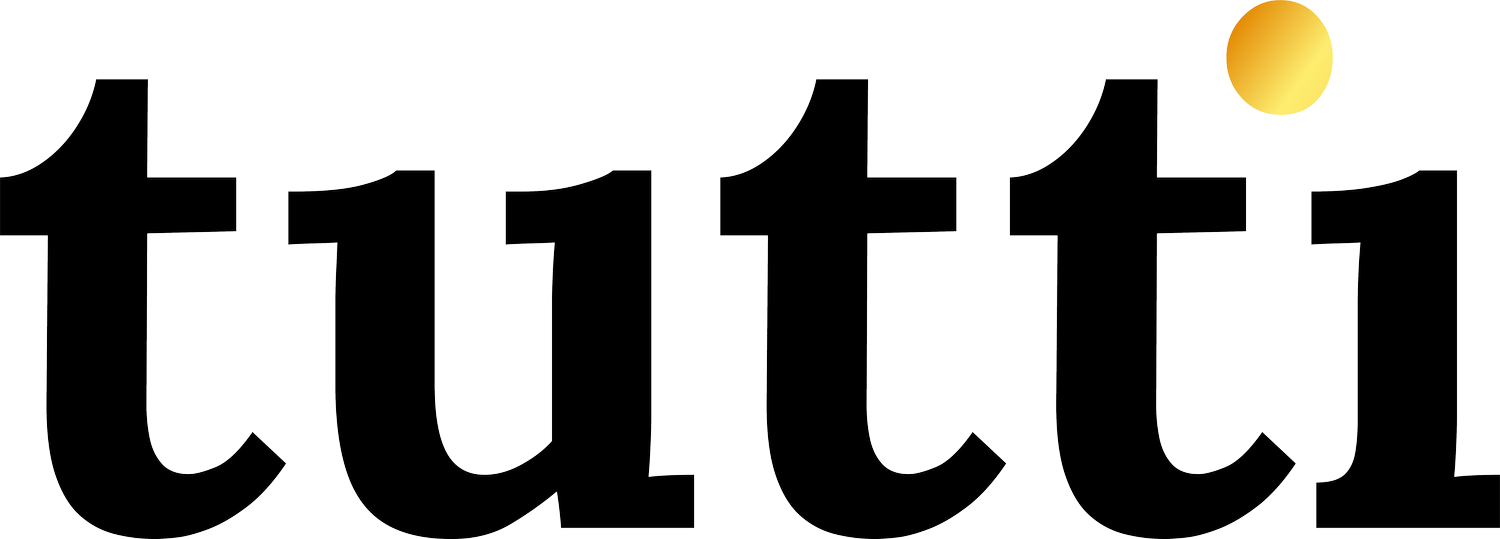Beyond Salary: The True Cost of Full Time Staff for UHNW Households
For ultra high net worth families, hiring full-time staff is often seen as the gold standard. Yet hidden expenses, from idle hours to onboarding can drain resources without delivering proportional value. Tutti’s fractional model offers a smarter solution, aligning costs with actual needs.
1. The $72K/year Benefits Trap
Employers spend 30–40% of salaries on benefits like health insurance, retirement plans, and paid leave. For a full-time estate manager earning $240K/year, this adds $72K–$96K annually; funds that could instead secure specialized fractional expertise for critical projects.
Source: SalaryCube
2. The $120K Onboarding Sinkhole
Recruiting and training elite domestic staff costs 15–20% of their first-year salary. For a $600K/year chief of staff, that’s $90K–$120K lost to onboarding; a steep price for roles that may not require year round work.
Source: DistantJob
3. The $258K Idle Time Dilemma
Full time staff are idle 30% of the workweek on average, costing UHNW households $258K/year per employee. This “deadtime effect” slows productivity and inflates payroll without ROI.
Source: UT Austin Study
Why Fractional Staffing Wins
Tutti’s on demand model eliminates these hidden costs by:
Paying only for active hours: No benefits, no idle time, no onboarding marathons.
Deploying specialized talent: Access niche experts (e.g., art logistics, cross-border compliance) precisely when needed.
Scaling seamlessly: Adjust support from 10–50 hours/week as priorities shift.
Real World Savings: A Case Study
An Atherton, California family reduced annual staffing costs by 62% after switching to fractional support. By engaging Tutti’s team for a high profile relocation and ongoing estate management, they reallocated $410K/year toward strategic investments.
The Bottom Line
Full time hires come with invisible price tags that erode UHNW budgets. Fractional staffing delivers elite results without the financial baggage; transforming wasted dollars into strategic value.
Citations:
SalaryCube
DistantJob
UT Austin Study
